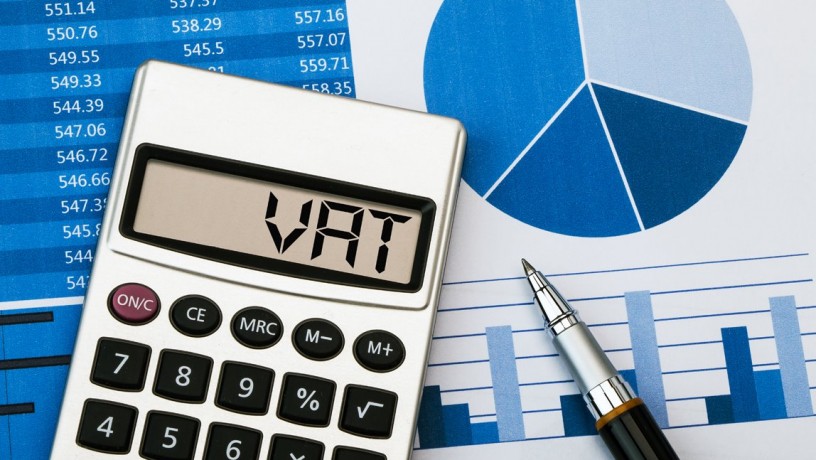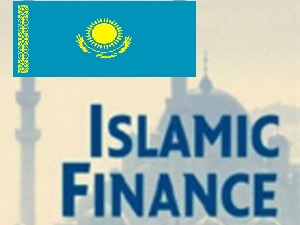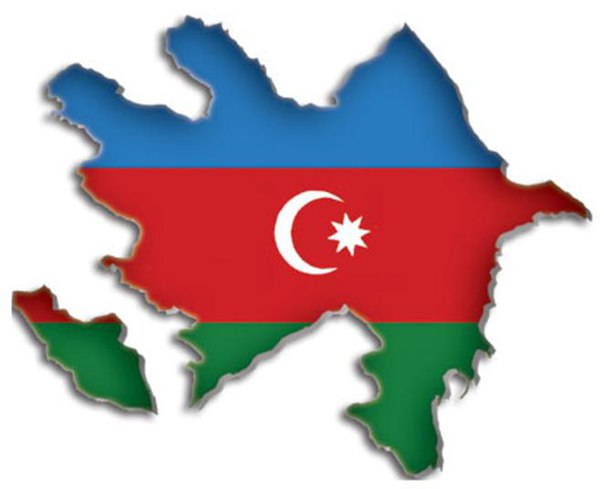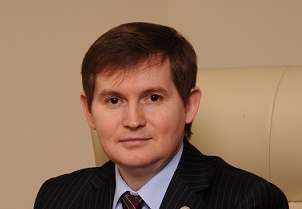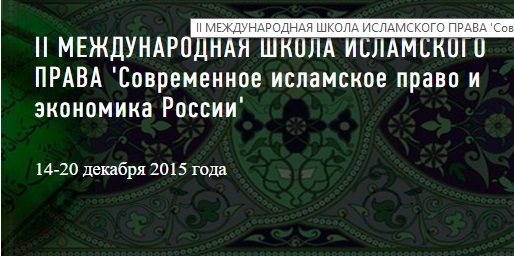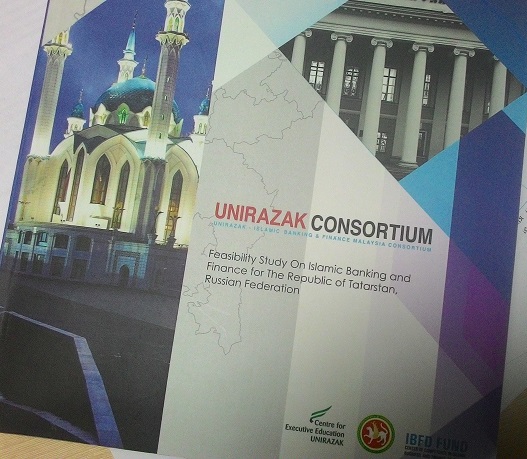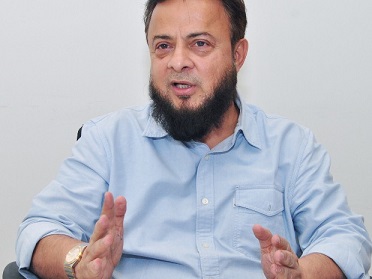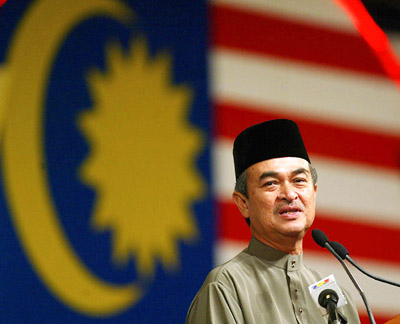Homepage | About us |
Advertise | Partners |
 Contacts | Contacts |
 Русский Русский
|
 |
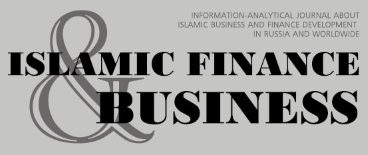 |
 |
Latest News
Recent Comments
|
Tatarstan Seeking To Increase FDI Fivefold22.08.2012“The nice figure that I see in my mind is to have $5 billion investment in one year, at least as a signed intention,” Yakupov explained. “Of course it is a very big number, but I think if we don’t set ourselves such goals then we won’t even be able to get half of it.”
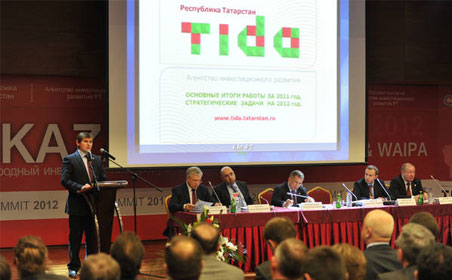
Linar Yakupov, Chief Executive of the Tatarstan Investment Development Agency, has an ambition that the level of Foreign Direct Investment into Tatarstan will soon reach $5 billion annually.
“The nice figure that I see in my mind is to have $5 billion investment in one year, at least as a signed intention,” Yakupov explained. “Of course it is a very big number, but I think if we don’t set ourselves such goals then we won’t even be able to get half of it.” Coming from any other region of Russia, such words could be dismissed as pure fantasy from an out-of-touch “chinovnik” (bureaucrat). Tatarstan, however, has distinguished itself from many of Russia’s other regions in its eagerness to greet, encourage, and accommodate foreign investment. This eagerness to court investment has yielded results. In 2011, Tatarstan attracted $856 million of FDI. At the end of the year, 1044 businesses with foreign investment and 472 businesses completely owned by foreign investors were registered in the republic. The Tatarstan Investment Development Agency (TIDA) was created in June 2011 precisely to deal with this growing influx of foreign interest. “Interest in Tatarstan has increased to such an extent that local businesses and Ministries can no longer sufficiently provide sufficient assistance to interested parties,” Prime Minister Ildar Khalikov said in 2011, justifying the creation of TIDA. Reporting directly to the Prime Minister and President of Tatarstan, TIDA was assigned four main functions – attracting investment to Tatarstan; supporting the entry and establishment of foreign businesses in the republic; promoting public-private partnerships so as to develop the private sector; and providing official support to small and medium enterprises within the republic. To head the fledging agency, the republic tapped Yakupov, a young businessman born some 90 kilometers to the northeast of Kazan in the village of Baltasi. Yakupov studied economics and management at the International Islamic University of Malaysia and made a name for himself in the republic as founder of Linova, an investment and finance company and organizer of the First International Summit of Islamic Business and Finance in 2009. That same year, Yakupov joined the President of Tatarstan’s council on cooperation with international finance companies, and later appointed chairman of the Committee for the Development of Small and Medium Businesses, months before it was revamped as TIDA. While optimistic, Yakupov has no illusions about what is involved in order to increase FDI fivefold, to $5 billion. “I think it is doable,” he explained during an interview with The Kazan Herald on the one-year anniversary of the creation of TIDA. “It is difficult, but it is doable.” In pursuit of this $5 billion benchmark, TIDA has spent considerable energy during its first year of existence trying to establish Tatarstan on the global investment map. TIDA joined the World Association of Investment Promotion Agencies (WAIPA), which was invited on 1 March to co-host Kazan Invest, a day of discussion about how to increase FDI in Russia and Tatarstan. TIDA representatives have traveled extensively across Europe, the Middle East, and Southeast Asia, promoting Tatarstan’s investment opportunities. From time to time, as was the case during trips to Austria and the United Arab Emirates (links), President of Tatarstan Rustam Minnikhanov has accompanied TIDA on these trips. In May 2012, the fourth annual Kazan Summit was held, this time with TIDA as the host. During the summit, Russia’s Agency for Strategic Initiatives (ASI) signed an agreement promising up to 31 billion rubles ($1 billion) of financing in at least seven investment projects in the republic. One month later, ASI had already set up shop in Tatarstan, the first region of Russia to have a representative office from the federal agency. This promotional process has not been all smooth sailing. In April of this year, Yakupov lamented during a meeting with Tatarstan press that, “outside of the Russian Federation, few people know the Republic of Tatarstan.” Speaking on TIDA’s birthday, however, Yakupov was upbeat about the progress that has been made. “I think we have the right to say that Kazan is really becoming the third capital city of Russia – we got the name officially, but it wasn’t really accepted as the third capital city,” Yakupov explained, referring to a trademark that Kazan won the rights to in 2009. “We see that Kazan and Tatarstan are looked at very seriously now. The number of requests that we are having from international investors on many aspects, it is really encouraging.” Invigorated with its results, TIDA is increasing the pressure on its promotion campaign of Tatarstan. During the Annual Investment Meeting in Dubai this May, TIDA officially launched “Invest in Tatarstan,” a global campaign with its eye on the $5 billion FDI milestone. The agency has summarized its pitch in a two-minute and five-minute video posted on its YouTube channel, and plans to purchase advertising time on international television channels. The promotional video exudes confidence, presenting Tatarstan’s future success as manifest. “You ask, where is it?,” declares the TIDA video’s English-accented host. “Believe me, in five years the whole world will know the answer to this question.” In addition to the video, Invest in Tatarstan will soon revamp its website (invest.tatarstan.ru) and continue on the tour circuit, presenting and promoting at investment forums, building direct relationships with funds and companies. Invest in Tatarstan is a global campaign, but it is strategically focused on developing links with the world’s emerging markets. “The future of the global economy is very rapidly moving towards emerging markets, and those guys who are doing well – Southeast Asia, Latin America, Turkey, and so on – were not really considered as industrialized and developed. Emerging markets, according to estimation, by the year 2050, will be bigger by at least 64 per cent than developed markets,” Yakupov argued. “This is where the growth is going to be, and we want to develop with them. Accordingly, TIDA has selected Amanah Capital Group, Straits Consulting Engineers, and APUG Planning and Urban Design Group – all Malaysian companies – as partners in the development of Smart City, a project that will bring a world-class conference and business center near Kazan International Airport. The 3.5 million square meter complex, which will be connected to the shuttle train that is currently being built between Kazan and the airport, is being managed by the Tatarstan development Corporation, which is owned by TIDA. According to Yakupov, Smart City will be TIDA’s “biggest project until 2018,” a completion date set to coincide with the 2018 World Cup in Russia, part of which will be held in Kazan. Similarly, TIDA is also establishing the Tatarstan Export and Investment Promotion Corporation to promote trade from Tatarstan, within Russia and internationally. Having declared the $5 billion goal, Yakupov and his agency have challenged themselves to produce results – “I need the numbers,” Yakupov underscored. “People will measure us by the number of investments, by the number of companies coming in.” To facilitate this process, TIDA plans on hosing a big investment forum in December, inviting hundreds of investors that the agency has interacted with over the year to Kazan with their own eyes. “We see that the companies are interested,” Yakupov explained. “What we need to do is just the proper follow up – we need to bring them in, we need to show them, we need to stay in touch with them, provide whatever they require.” According to Yakupov, this December event will provide another level of comfort to investors, allowing them to see the republic for themselves. Some of the investors might even bring their friends with them – something that happened during Kazan Summit in May. However accommodating TIDA may be for potential investors, Yakupov is insistent that Tatarstan doesn’t debase its self-worth in the process. Tax holidays, he made clear, are lost gain. “There is a certain level, where you don’t want to go lower,” Yakupov explained, adding that Tatarstan will never cater to investors who demand terms unbeneficial to the republic. Furthermore, Yakupov argued, focusing entirely on taxes is a zero sum game, as environment and quality of life are more important than a low tax rate. “It is not only the taxes which attract investors to be here, it is the complete ecosystem, environment, that we have in Tatarstan,” explained Yakupov. “I think such great events like the Universiade, the World Cup, and even our Rubin Kazan team, they also add some value for Tatarstan to be more attractive for investors.” Part of TIDA’s confidence can be attributed to the fact that their yearlong existence has allowed them to perfect their pitch to investors. When they first started, TIDA somewhat-naively issued a blanket invitation for foreign investors to come and invest in Tatarstan. “Of course, you can’t do that,” Yakupov explained. “You have to give a proper signal to investors, asking them to go to certain specific areas where you are willing to give support, where you are willing to provide the facilities, and where you have the resources that can back up all future development.” With this in mind, Tatatstan has identified eight priority industries – chemical and petrochemical, machinery and automotive parts production, construction and building materials production, medicine and pharmaceuticals, IT and telecommunications, agriculture and food processing, Halal industry, and the service industry and tourism – to which they will encourage investors to focus on. TIDA is not merely identifying these industries: within each of these priority areas, the agency is currently building a database of investment opportunities. At this year’s Kazan Summit, the agency had already compiled over 100 investment projects in this database, an important “starting point” to mood forward from, in Yakupov’s eyes. The agency is continuing to gather quality investment projects that fit within the eight priority areas. “This things, they don’t come in one day, you work very hard,” Yakupov said, summing up a year’s work at TIDA. “It’s continuous work that we have to do.” Source: The Kazan Herald Latest News |
Editor's ColumnAnalytics
News in RSS format |
| © IBFD Fund, 2009-2026. Developed by Linova-MEDIA. Хостинг от uCoz. Design by WebRT |

